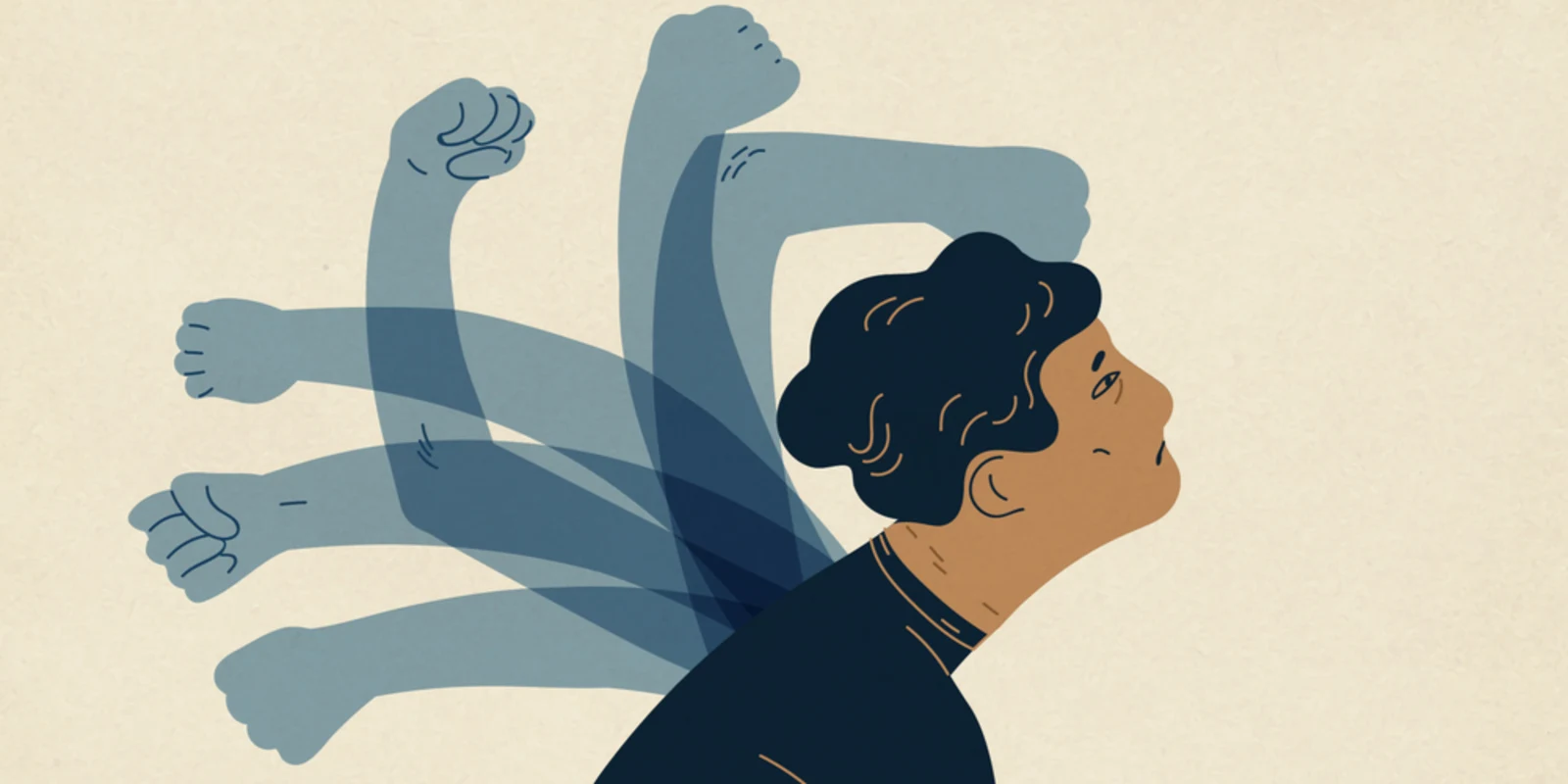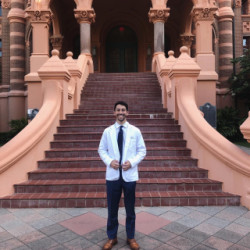I have always hated the term “golden weekend.” While most people just call it “the weekend,” we have our own special term for leaving work on Friday and not returning until Monday. I find it rather absurd to imply that there is something special about having two consecutive days to yourself, but when I reflect on my experience thus far, it’s easy to see how this terminology fits within the broader culture of medical training.
I began medical school with a course called “Mindfully Evolving, Thriving, and Advocating.” In this six-week introductory class, we focused on topics ranging from social determinants of health to self-care and nutrition. The aim was to help us enter our preclinical years as compassionate student doctors with a broad understanding of health. Senior mentors offered sessions such as “Married in Medical School,” “Practicing Mindfulness,” and “Healthy Cooking,” where new students could openly ask questions and learn strategies for personal success. Fast forward two years to “Intro to Clerkship and Clinical Skills,” and the advice had changed completely — the honeymoon phase was over. We were now told to eat a hearty breakfast in case we were not given time for lunch, replace breaks at work with question blocks, and study in our cars before going home for the day to avoid distractions. Clerkship orientation emphasized putting aside our needs and wants so that we could learn every detail about our patients and read up on clinical problems seen on the wards.
As early as clinical rotations, medical trainees are brought into a work culture that normalizes and even glorifies principles that directly contradict the mission of medicine. We deprive ourselves of sleep, proper nutrition, and regular exercise in pursuit of favorable evaluations; we glamorize self-sacrifice at the expense of personal well-being, and in doing so, compromise the values that we want our patients to adopt. Even if it’s only temporary, I am certainly not proud of the energy drinks or fast-food meals that have gotten me through some of my tougher weeks, and I would never want my future patients to take on the same habits.
I find myself sharing lessons about eating a balanced diet, maintaining mental health, and getting plenty of exercise, but questioning how well I can apply them to my own life. I’ve recently switched to meal replacement shakes to save time in the mornings, and only in the last few months have I been able to exercise more than once or twice a week. Speaking with classmates on their surgical rotations, I have heard stories about students eating protein bars in the restroom and drinking handfuls of tap water from the sink to get through days in the OR. Without even noticing, we settle into patterns of maladaptive behavior and adopt negative coping skills because they are convenient. Although we wish to be role models for our patients and leaders in our communities, we fall short.
Let me be clear: I am not averse to hard work. I was aware of the journey ahead when I entered medical school, and I am still happy to spend my days doing something I love, but I might be happier (and healthier) were I able to take my own advice.
So, how do we support our trainees and allow them to be a positive example for patients? For starters, we can talk about the problem openly. This shift in transparency has already started to occur, and as the trend grows, the next generation of physicians will be ready to usher in a culture that better accommodates their own health and wellness. We must also take steps that ease the burden: Reduced-cost healthy meals in the hospital cafeteria, annual allowances for gym memberships or exercise classes, and additional time off are a few options that come to mind. And it doesn’t hurt to send the medical students home early if they are done with work — but maybe that’s just wishful thinking.
What would help improve work culture in medical training? Share your thoughts in the comment section.
Jacob Herstein is a third-year medical student in Galveston, TX. He enjoys basketball, reading, and taking his dog to the beach. He tweets @JacobHMed. Jacob is a 2022-2023 Doximity Op-Med Fellow.
Image by GoodStudio / Shutterstock






